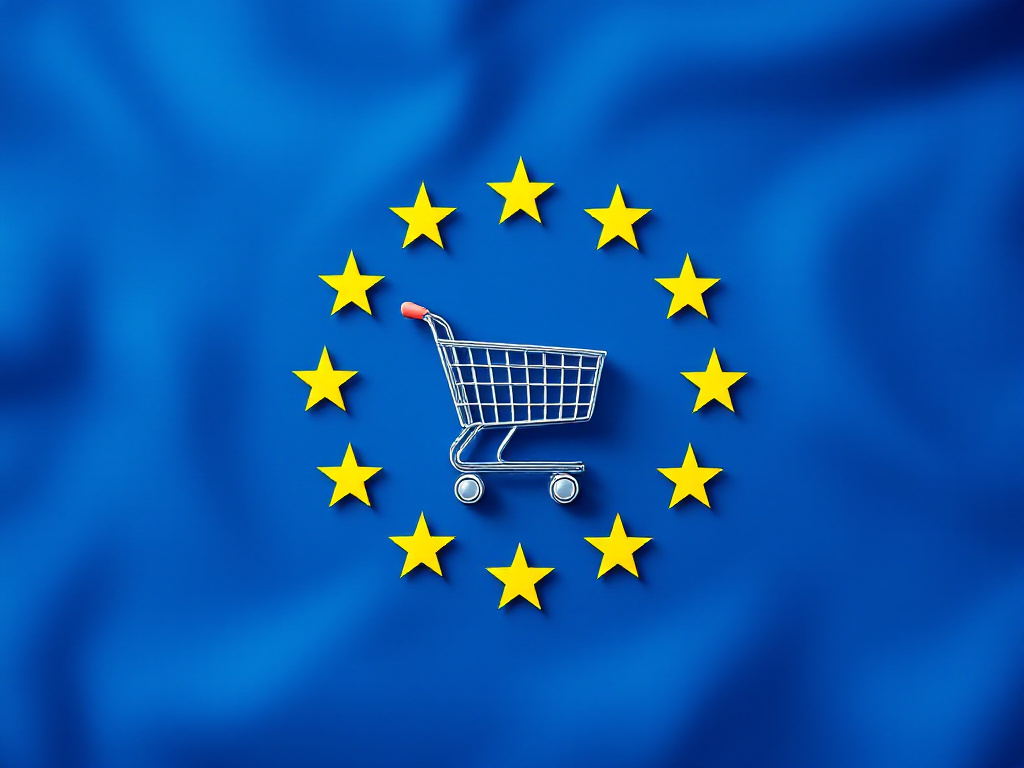Slightly off-topic from the intended point, but I’ve heard this more often, that there’s no such thing as a fish, but it’s a useful constructed concept to have.
So why is it so important that we all remember that animals like whales are not fish, they’re mammals? Didn’t stop us from calling animals from other groups fish, why should mammals get a special treatment?





While you are staying, your productivity is fueling the economy, and the taxes you pay go to the government you dislike. If you flee, that’s a big economic difference you’re making over the years. I guess if you fight symbolically but non-pragmatically and get arrested, they have to feed you and house you in a prison which will cost a little extra, but compared to your non-productivity that’s just a small bonus. Fleeing also means you get to proactively contribute to competitors and reward them for being a better place to live, which in a way doubles your economic impact. There’s a reason the Berlin wall was built and North Korea executes 3 generations of the families of defectors. People are valuable, and they can’t afford to lose too many of them.
On the other hand, if your threshold for fleeing is too low, there are no competitors to support, because every country has their issues, and some may be at a risk of the same developments as the country you’re fleeing from, making it a pointless exercise. And your loved ones could be essentially hostages that can be used to make you stay.
So it kind of depends, but at least the cowardice argument seems pointless to me. Pragmatic small-scale effectiveness tends to beat symbolic perfectionism at making an impact.